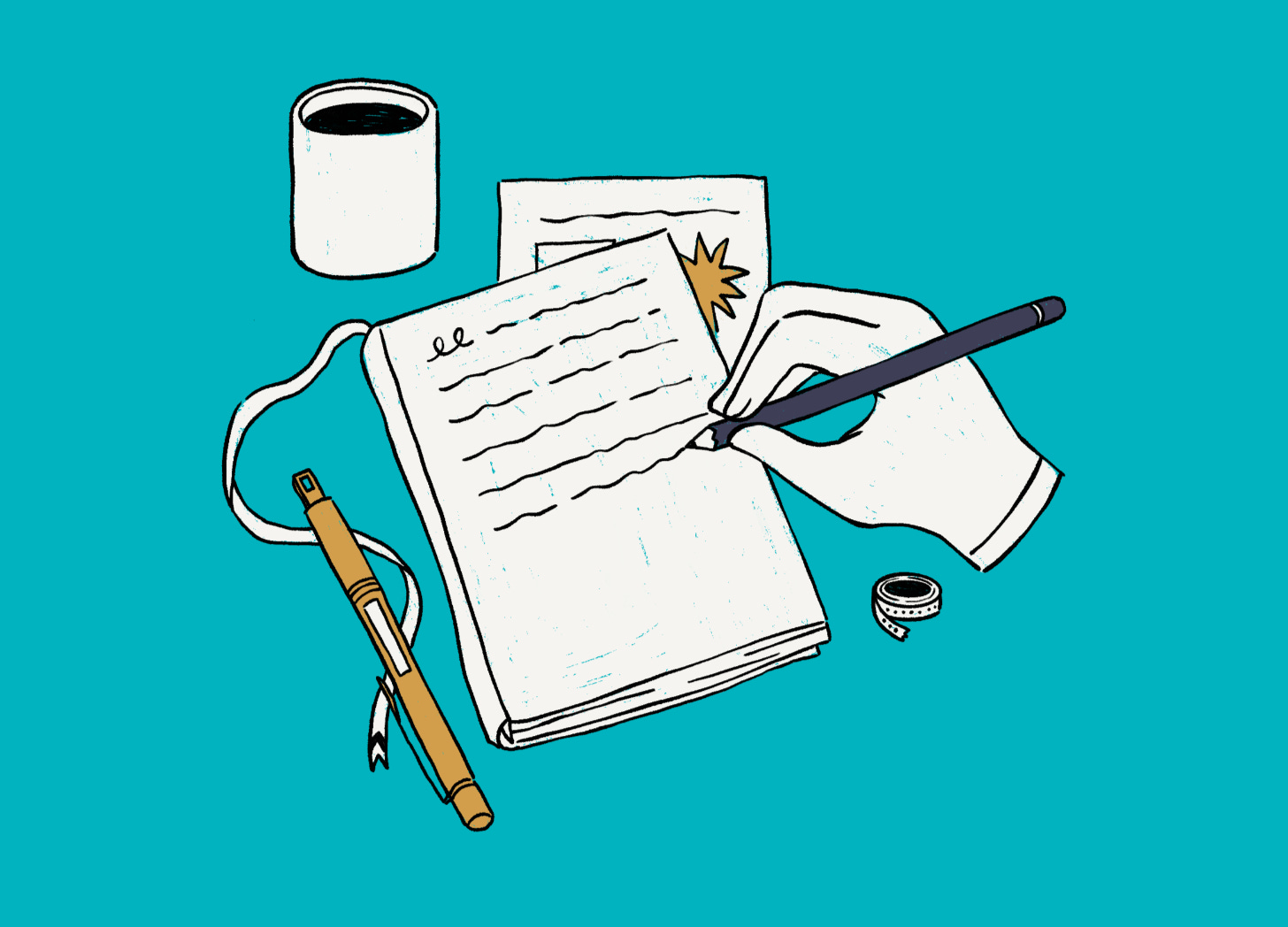You want to write a novel. Okay then: start writing. It might sound like the simplest - and weakest - advice you’ll ever hear in response to the question: How do I write a novel? But honestly, it’s the most important and easiest to follow.
I recently gave a sold-out talk on How to Write a Novel at Waterstones Tenterden, and as expected, someone asked me to explain how to write a novel as if there is an equation and/or rulebook to writing a novel.
As a traditionally published author and publisher, I promise, there’s no one-size-fits-all strategy to writing and completing a novel except to start writing.
Books can be any length (I recommend 80-100k words in length, if you’re writing a novel, but plenty are shorter/longer!), can have chapters - or none - or be written in letter format, diary format, stream of consciousness, 1st or 3rd person…however you wish!
They just need to have some form of beginning, middle and end. And you need to write it.
I liken writing a novel to learning to drive. You can’t figure it out by reading about it or watching someone else do it; you’ve got to get behind the wheel, turn the ignition, and experience it for yourself. When writing a novel, you need to put pen to paper or fingers to keyboard and just begin.
You’ll make mistakes, plots will change, and edits will happen. You’ll go over things again and again, and some days it might feel like you’re never going to get the hang of it. And then, one day, you’ll realise: you’ve written a novel.
If you’re still not sure how to write a novel, here are my top tips to help you get started.
Set yourself a goal
Choose a writing goal and put it somewhere visible, i.e. on your fridge, your desk, or in your planner, somewhere you’ll see it regularly. Make sure it’s achievable, but still challenging enough to keep you motivated. For example: I’ll write 5,000 words a month, or I’ll finish one short story each month.
Don’t re-read as you go
The advice I wish I’d given myself when I first started writing as a teenager is: stop reading back what you’ve written. Just keep moving forward and finish drafting your work; editing can come later.
Re-reading your work, particularly when you’re flying by the seat of your pants with no plot, can lead to unnecessary nitpicking, doubt, and getting lost in subplots and missed opportunities.
Draft first, then edit your finished manuscript.
Always start the next chapter
When you reach the end of a writing session, don’t stop at the end of a chapter or stanza. Always begin the next one. Write a few lines or jot down a quick summary of what’s coming next. It makes it much easier to pick up the thread when you return to the page.
At my writing workshop, I gave attendees two writing exercises to help them stop thinking and start writing, with or without an idea!
Free Writing
I gave them an opening line: ‘It was like any other day—until…’ Then, they had 10 minutes to write a story using that line - with one rule: no stopping, no planning, and no editing as they wrote.
The aim wasn’t to craft a polished story or even a usable opening - it was simply to write, continuously, for 10 minutes.
That’s the essence of free writing: you set a timer (I recommend 5 to 20 minutes) and write whatever comes to mind, even if it feels like nonsense. And, as the writers discovered, even the messiest paragraph often holds a phrase, an idea, or a spark worth keeping. More importantly, the exercise helped them realised that once they started, the words flowed and they could write down an idea or work on a story with more ease.
10-Minute Sprint
For this exercise, I challenged the writers to write the opening of a story, chapter or poem, but with a catch: they had to include three words in the story, in some way. The random words I gave them were: Mirror. Thread. Rain.
Everyone came up with something unique, interesting, and with the potential to develop into a full short story, novella or novel if they so chose.
And, as with Free Writing, the sprint got them into writing mode, and suddenly they overcame the blank page with ease.
It’s far easier to keep writing once you’ve already started, even if it’s just a scribble or a quick scene. The blank page becomes less daunting, and your creative brain starts to kick in.
So if you want to write a novel, I stand by this advice: start writing. That’s how every novel begins, and it’s how every novel gets finished.





